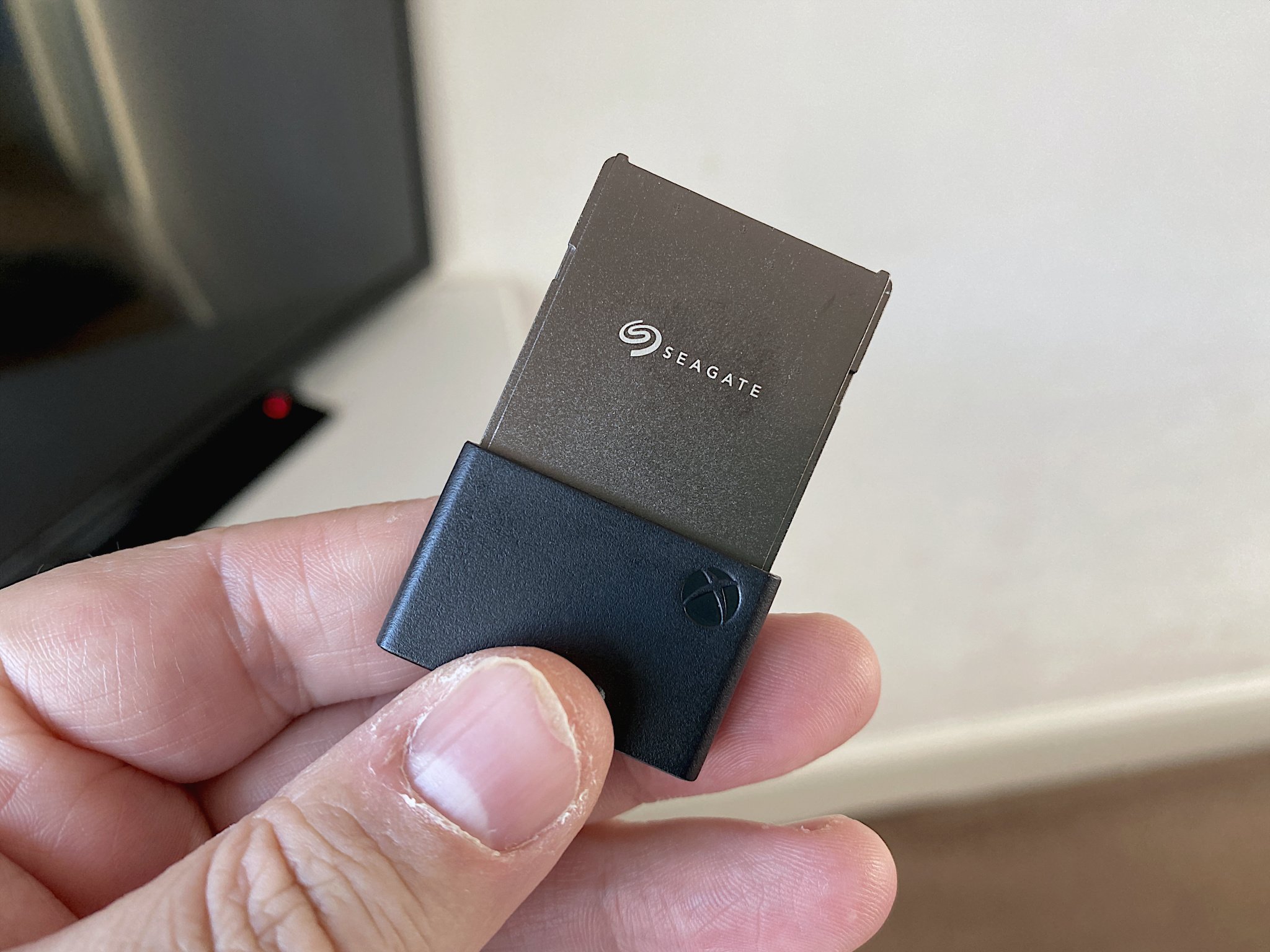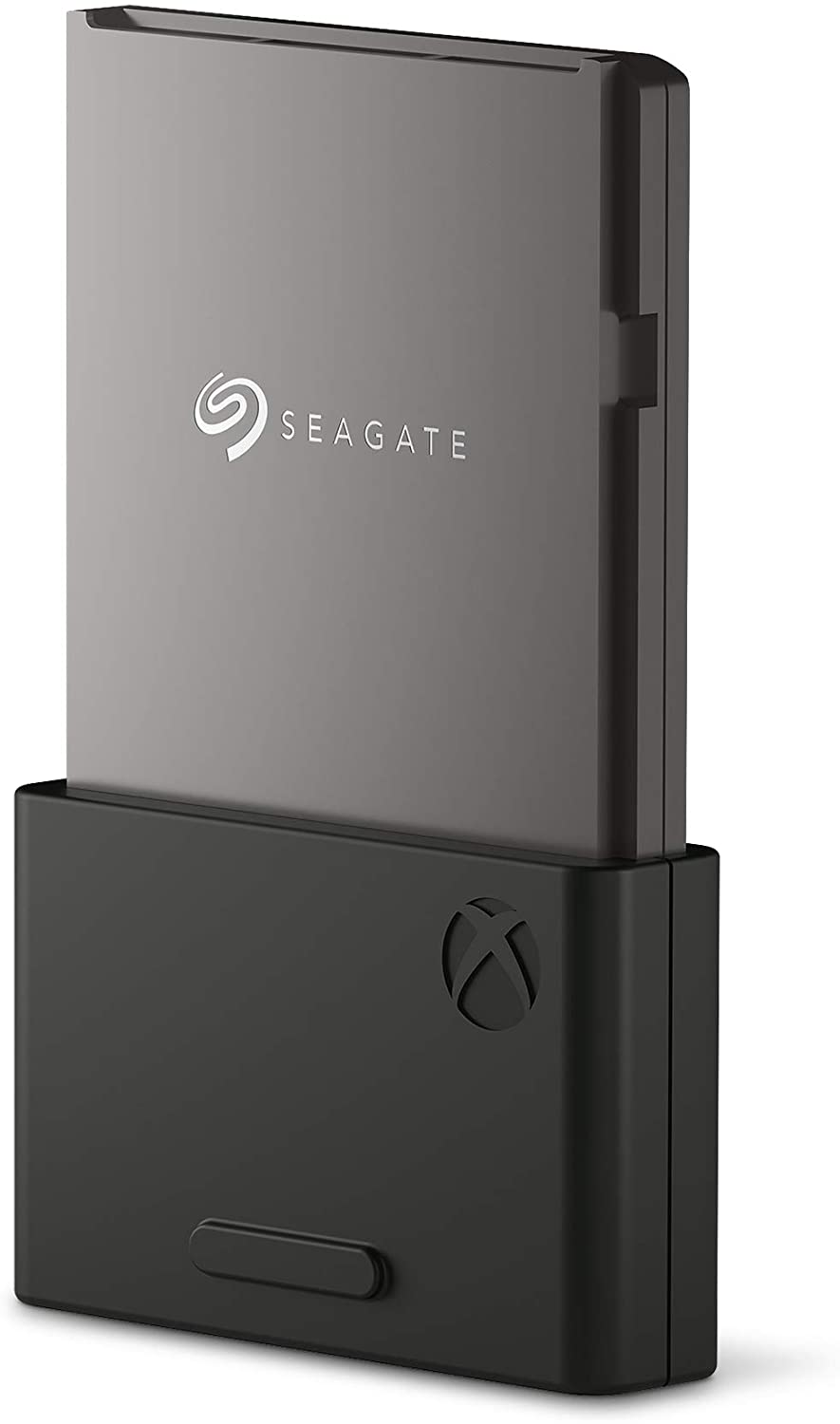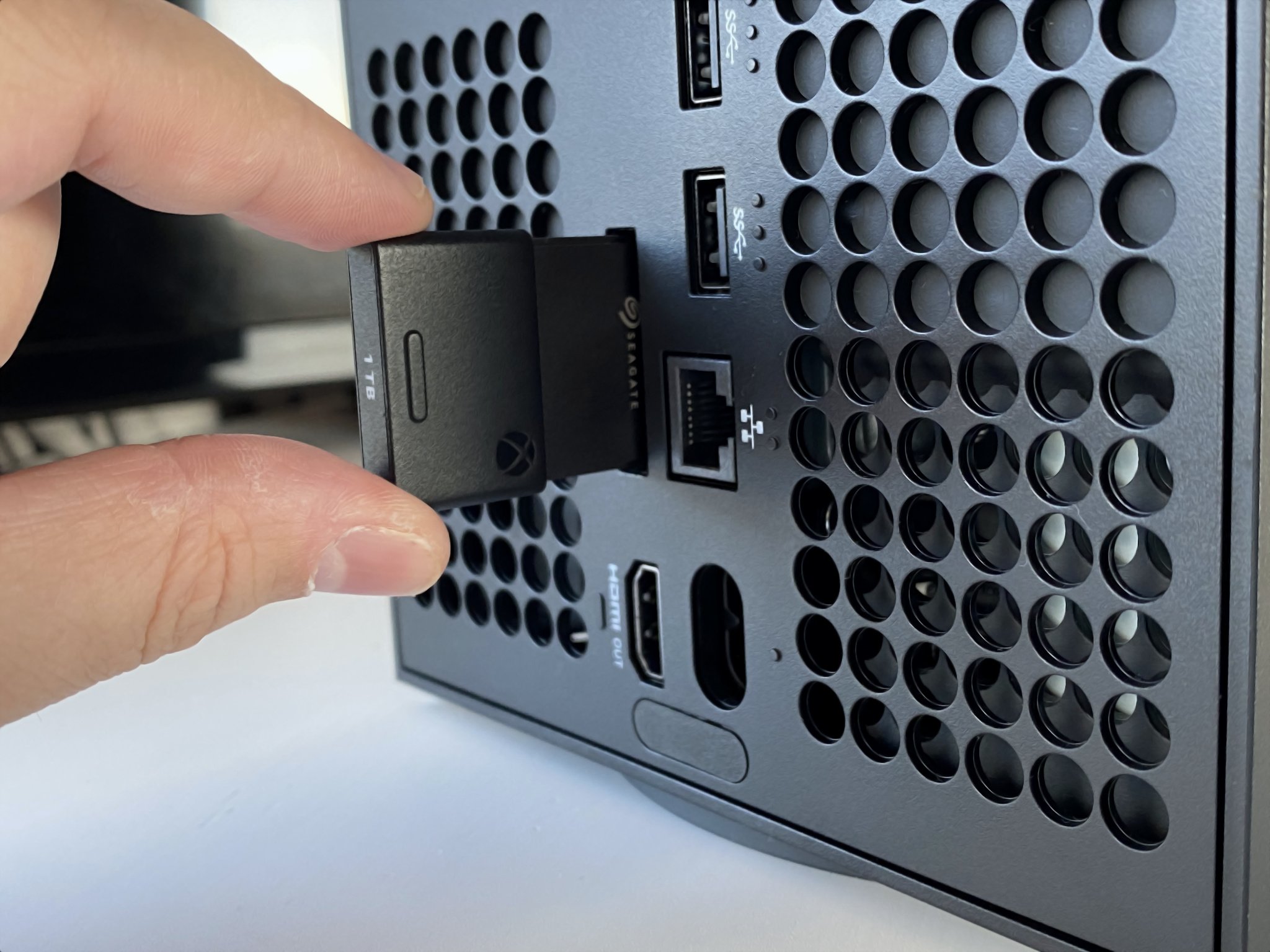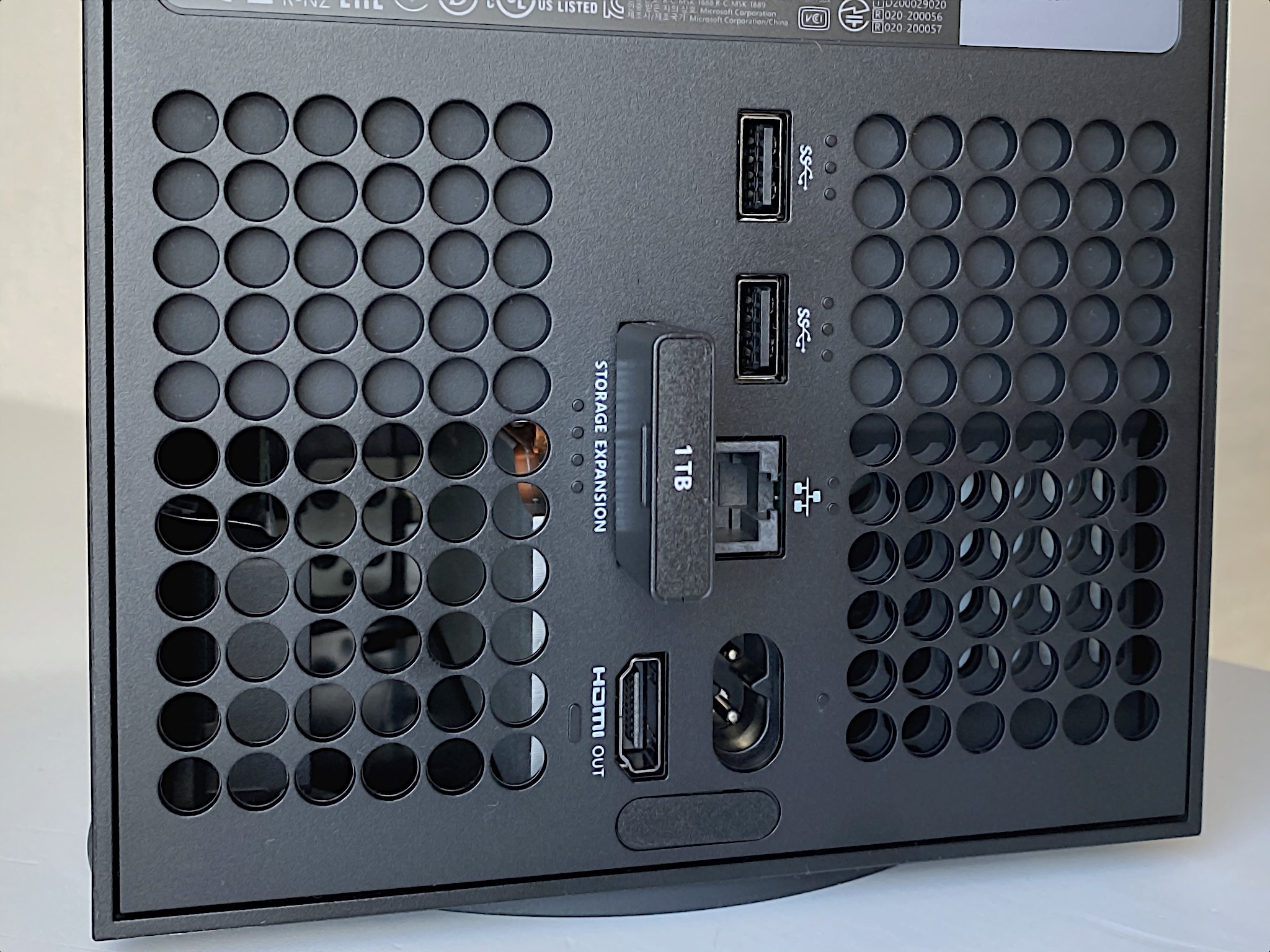The Xbox Expansion Card for Series X and Series S is ridiculously expensive but it is at least a sound investment.
I promised myself I wouldn't get one of these. That I wouldn't spend nearly the price of an Xbox Series S on something that just gave me another 1TB of storage on my Xbox Series X.
And yet I caved. Almost immediately.
This is the Seagate-made Xbox Expansion Card and it costs a lot of money. Like, a lot a lot. PC builders (myself included) have had to deal with expensive SSD storage over the years, but it's a completely new concept to someone who just wants more space for their increasingly large console games. How to justify the cost?
I'm not sure I can. But I can at least tell you that once swallowed, it's a worthwhile investment into your console quality of life.
Expensive but fast
Seagate Xbox Storage Expansion Card
Bottom line: So, so expensive, but if you can get past the price you'll at least be happy it's a worthwhile investment.
Pros:
- Small size
- No cables required
- Incredible performance
- Compatible with Series X and Series S
Cons:
- Expensive
- Like, really expensive
- Only comes in one capacity
Fast performance, no cables
My only major criticism of both the Xbox Series X and Series S are the storage options. Sure, SSD storage is more expensive to use than the crusty old HDDs we've been using to this point, but what we have to choose from still isn't a lot. If there was a 2TB model of the Series X that cost $100 more, I know I'd have happily splashed out the extra as I'm sure a lot of folks would. Modern games are large. And the Series S can be filled with only a small handful of games.
Ultimately the lack of internal storage options is what leads to the decision of even considering one of these. I promised myself I wouldn't do it, I'd simply make do and copy games across from a USB 3.0 HDD as and when needed. But I folded basically the same day my Series X arrived.
Why?
Setting up the Series X and copying games over from my existing Xbox One X highlighted the issue. Some of the games I play are huge and with Series X|S optimized upgrades they're even bigger. Forza Horizon 4 is now almost 100GB, as is Borderlands 3, and Red Dead Redemption 2 is sitting well over that without any upgrades. And remember that X|S optimized games need to be run from either internal storage or one of these cards.
It boils down to a performance issue. If you're OK with copying games all the time, then close this and carry on. But let's look at a few transfer times to illustrate just why one of these cards might be worth your time and money.
- DiRT 5 (72.5GB) - 2:27 to transfer to the card from internal
- Elder Scrolls Online (77.3GB) - 2:24 to transfer to internal from card
- WRC 9 (24.6GB) - 1:07 to transfer to the card from internal
- WRC9 (24.6GB) - 0:50 to transfer to internal from card
- WRC 9 (24.6GB) - 3:42 to transfer to a USB HDD from internal
It looks as though the internal drive still has an edge when it comes to writing data, but it's not a huge jump and importantly games stored on the Seagate card benefit from the near-identical performance as if they were on the internal drive in the real world, so you get superfast loading times and no noticeable difference over being installed on the internal drive.
And once it's installed in the console you don't have to worry about copying stuff across to play, you can just install games as you always did on the Xbox One with an external drive attached. It's an easy life.
But an easy life at a price.
It is really expensive
The price is going to be the biggest barrier to entry here. At $220 it costs not a whole lot less than an Xbox Series S, and whichever way you cut it, it's expensive. Whether the price offers value or is justifiable is entirely subjective. Some will be fine with it, others will turn away immediately and in the middle, you'll have folks like me, who begrudgingly pay up because they see the long-term value.
As an aside to this, and perhaps more irritating, is that it only comes in a single capacity. There is no 512GB option at a more attractive price for those who perhaps just want to double the storage of their Xbox Series S. There is no 2TB model, which admittedly would cost a heap, but would surely entice those with the highest storage demands and better value than simply buying two of these.
Only you can decide if the outlay is something you can justify, and it's a shame because unlike when we're reviewing a regular SSD, there's no alternative recommendation if indeed the price is your barrier. Right now you either buy this or you don't.
So should you buy one?
Honestly, unless you can say with certainty that the internal storage on your console isn't going to cut it right now, then I'd hold off. By no means should you feel bad if you do buy one, it's an excellent product.
I'm still not happy I spent so much on this thing but I don't have any regrets. I don't need to worry about where optimized games are installed, and I don't have to worry about my backward compatible games being hampered by slower loading times.
Expand your Xbox
Seagate Expansion Card for Xbox Series X|S
$220 at Microsoft $220 at Amazon
Powerful storage comes in a small package.
Microsoft and Seagate have teamed up on a compact expansion card for Xbox Series X and S consoles. It leverages the same custom SSD technology seen inside both devices, as the only expandable storage solution capable of playing next-generation games.










0 comments:
Post a Comment